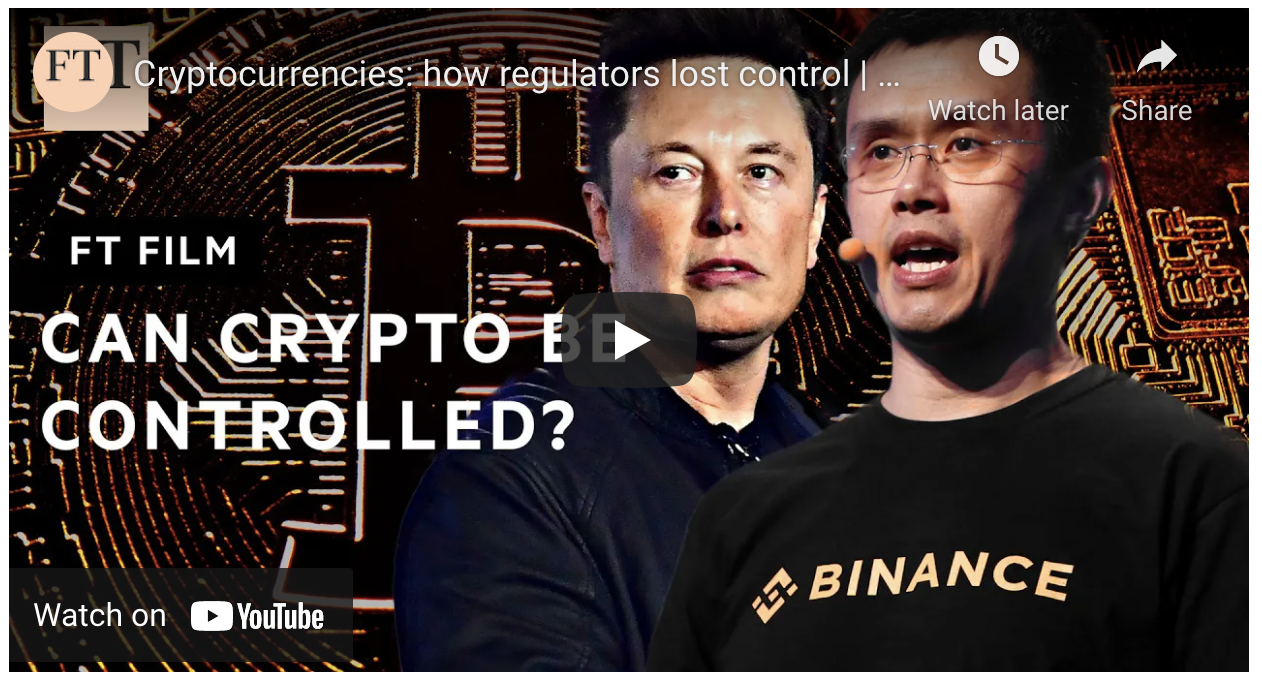I’m worried that the older I get, the more cynical I get. I watch developments of governments, regulators, banks and business, and keep thinking: these guys are corrupt. But corruption is part of our DNA it seems. It’s purely a matter of transparency that will change this.
Then I think about our world today, and the fact that the network is democratising our world. Our world is becoming more transparent thanks to technology and is putting the people in control. Or is it?
It is clearly true that our world is different now. With non-stop phone videos, tik-toks, Instagram’s and updates, it’s hard to keep anything secret. But then the question must be: what do you want to keep secret and why?
What is a secret, and why are you wanting it to not be known?
This is the core of human activity. We keep secrets usually because we did something wrong. That’s why the network of humanity, which is now connected digitally, is threatening. Core reason? We can find out your secrets.
So, we now know that Boris Johnson had a Christmas Party and Donald Trump gave Joe Biden the coronavirus (or did he?).
The issue is that the internet is taking control away from governments and in a video that is well worth watching on crypto, you get a great insight into what’s happening:
The headline of this FT video is:
Cryptocurrencies: how regulators lost control
That’s a good title. Early in the conversation there’s comment that: “Everyone’s involved but nobody’s in charge”.
The video is just 26 minutes long and I recommend you watch it. Did I learn anything? No. But then I’ve been in this space for over a decade.
The thing for me is that, as I’ve debated for a long time, who regulates crypto? Who regulates society? Who enforces the rules?
Sure, we can have people looking for COVID passports and checking documents. Sure, we can have guards checking documents when we enter countries. But who’s checking our crypto accounts?
Right now, no-one and, as the FT video states, the market is now just too big. Almost 12,000 digital coins are trading around $2 trillion. The regulators missed the boat.
When someone of Jack Dorsey’s stature says this is the future, you can see that you missed the boat.
I therefore find it intriguing to see all this discussion of CBDCs and governmental regulations which, end of day, means nothing. They turned up at the party ten years too late. Where will this all end up? I have no idea, but what I do know is that we now have digital currencies with no government controls. Just to repeat:
“Everyone’s involved but nobody’s in charge”.
In other words, in a decentralised world, everybody’s in charge of the network and no centralised bank or government is in control.
UPDATE
As I wrote this, the Bank of England released their Financial Stability Report stating that cryptocurrencies now represent a danger to the financial system itself. As the BBC report:
Fast-growing crypto-currency assets could pose a danger to the established financial system, a senior Bank of England official has told the BBC.
Although not much of UK households’ wealth is currently held in assets such as Bitcoin, they are becoming more mainstream, said deputy Bank governor Sir Jon Cunliffe.
If their value fell sharply, it could have a knock-on effect, he said.
The Bank needed to be ready to contain those risks, he added.
Speaking to the BBC’s Today programme, Sir Jon said that at present, about 0.1% of UK households’ wealth was in crypto-currencies.
About 2.3 million people were estimated to hold them, with an average amount per person of about £300.
However, he stressed that crypto-currencies had been “growing very fast”, with people such as fund managers wanting to know whether they should hold part of their portfolios in crypto-currencies.
“Their price can vary quite considerably and they could theoretically or practically drop to zero,” he said.
“The point, I think, at which one worries is when it becomes integrated into the financial system, when a big price correction could really affect other markets and affect established financial market players.
“It’s not there yet, but it takes time to design standards and regulations.”
He added: “We really need to roll our sleeves up and get on with it, so that by the time this becomes a much bigger issue, we’ve actually got the regulatory framework to contain the risks.”


